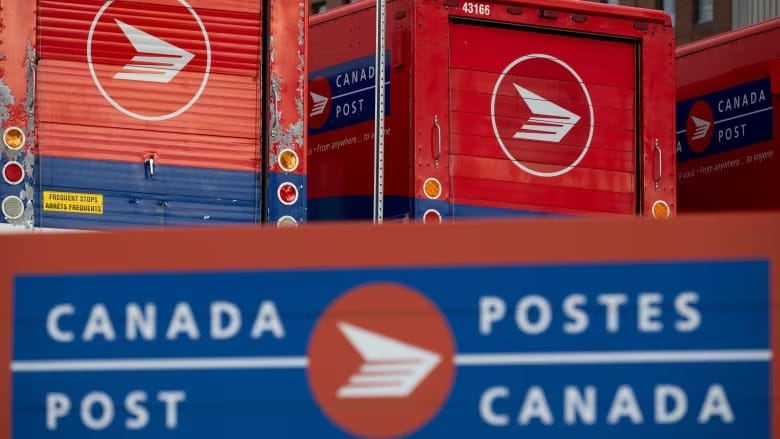Burger King wants a manager for $48K. Experts say foreign workers aren’t the answer
On Sept. 25, a Burger King in Mississauga, Ont., posted an opening for a restaurant manager position on the federal government’s online job bank.

A job listing at a Burger King in Mississauga, Ontario, has sparked concerns over the use of the Temporary Foreign Worker (TFW) program, with some observers questioning whether it is being used to avoid offering higher wages to Canadians.
On September 25, the restaurant posted a job opening for a restaurant manager on the federal government’s online job bank. Below the posting, a banner indicated, “This employer has applied for a Labour Market Impact Assessment (LMIA) to hire a foreign worker to fill labour or skills shortages on a temporary basis.”
An LMIA is required when employers cannot find qualified domestic workers, allowing them to seek temporary foreign workers to fill the gap.
A spokesperson for Burger King told Global News that the job listing reflects “one or more open management positions in the Mississauga area that have remained vacant for several months despite advertising across various employment platforms without receiving any qualified applicants.”
The role offers an annual salary of $48,000—equivalent to just under $25 an hour—with shifts listed as “Day, Evening, Night, Weekend, Early Morning, Morning.”
When asked by Global News whether the company had considered raising wages to attract local candidates before applying for an LMIA, the spokesperson responded: “The wage offered is competitive within the quick-service restaurant sector in Mississauga, based on market data and the Franchisee’s hiring experience.”
The company emphasized that their actions comply with all regulations. However, the situation has fueled ongoing concerns about the TFW program’s potential to suppress wage growth in local communities by giving employers access to lower-cost labour.
Matthew Green, the federal NDP’s labour critic, voiced his concerns: “This case is yet another example of decades of abuse, demonstrating how the TFW program is exploited to source cheap labour, suppressing wages for Canadian workers. Employers are using it not as a short-term solution, but as a way to avoid offering higher wages that would attract and retain local talent.”
The Global News team also sought a response from the Conservative Party. In a quote shared from an August press conference, Conservative Leader Pierre Poilievre stated: “I challenge Canadian businesses to hire Canadian workers first. I also challenge the government to fix the chaos in the temporary foreign worker program, reduce the numbers, and ensure Canadians can access well-paying jobs that allow them to afford homes and food in safe neighborhoods.”
Employment and Social Development Canada (ESDC) declined to comment on the specific Burger King case due to privacy concerns. However, a spokesperson for the agency said that strict criteria govern LMIA applications.
“Employers seeking to hire temporary foreign workers must demonstrate they are unable to find Canadian citizens or permanent residents to fill the role. This program is intended to be a last resort. Employers must also meet national minimum advertising standards,” the spokesperson said.
The agency added that businesses must report their efforts to recruit or interview Canadians, and receiving a positive LMIA is not guaranteed.
Burger King noted in its statement that the company had exceeded the four-week advertising requirement for the position, and the role remains open to all applicants.
According to the job posting, the salary offered by Burger King is slightly higher than the national median wage for similar positions, which sits at approximately $22 an hour. However, the Ontario Living Wage Network (OLWN) reports that the living wage in the Greater Toronto Area is $25.05 per hour.





